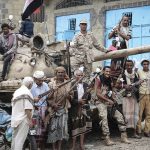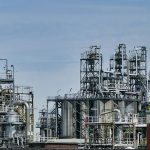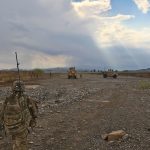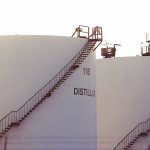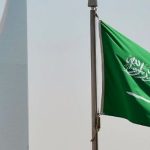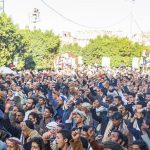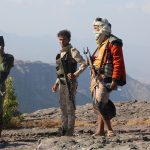Saudi Arabia To Chair OPCW The Executive Council Till 2023
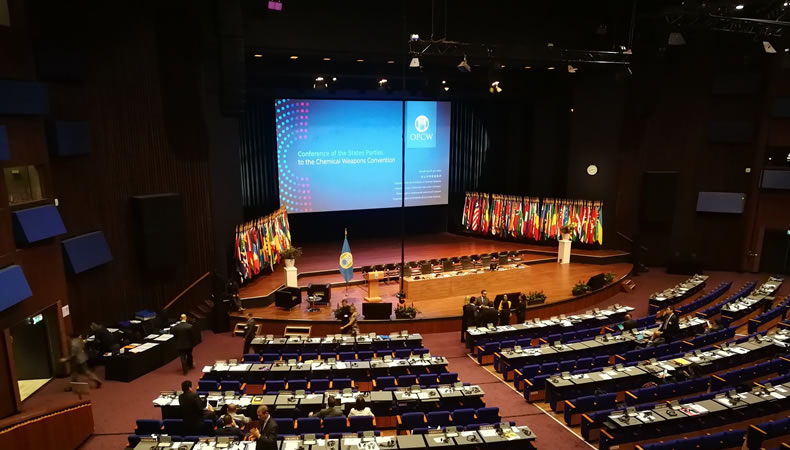

Established in Netherlands in 1997, the OPCW has 41 member states that together oversee the implementation of the Chemical Weapons Convention. Saudi Arabia (or the kingdom) is one of the founding countries of OPCW. The executive council will be chaired by Ziyad bin Maashi Al Attiyah, Saudi ambassador to The Netherlands and its permanent representative to the OPCW.
As the one to chair the committee, the kingdom’s role “comes in light of the continuous achievements … in international organisations, and also reflects its pivotal role and unremitting efforts in dealing with transparency and credibility with the data of international events in this field, and the extent to which the member states of the council and the organisation appreciate this role,” according to a formal statement by the council at its announcement this week.
Related Posts
Mr. Al Attiyah said that the kingdom aims to work with the world to prohibit weapons of mass destruction and ensure world peace and security. Use of chemical weapons in civilian areas that are somewhere troubled by civil war or internal strife is a huge worry on the minds of the Western world. During the 99th Session of the Executive Council of the Organisation for the Prohibition of Chemical Weapons (OPCW) held at the OPCW headquarters in The Hague this week, the Philippines did indeed call for the observance of international humanitarian law amid “recent grim developments.”
The Philippine Ambassador further urged the participating delegations to “rededicate ourselves to the ideals of the U.N. Charter, notably the cornerstone principles of no threat or use of force and the peaceful settlement of international disputes.” Use of chemical weapons in Syria and Yemen have been ascertained through deep investigations carried out by Washington in the past. Considered as war crimes, these have been rampantly hidden by the various Western countries helping these conflict zones but remains a topic of controversy and human rights issue as well.

